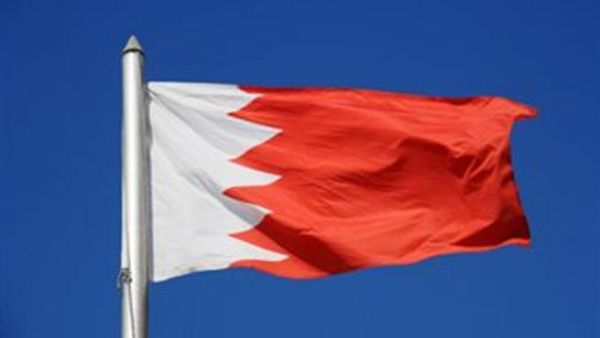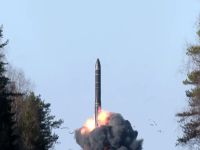Bahrain may have to pay higher yields on the $1 billion of Islamic bonds it plans to sell next month as concern that the country's political turmoil is yet to be resolved pushes the nation's debt risk to a two-year high.
The cost to insure Bahraini bonds against default jumped 93 basis points this month to 386 basis points on September 26, the highest level since June 2009, when the Middle Eastern country sold its last sukuk, according to data provider CMA. It was little changed on Sunday.
Central bank governor Rasheed Al Maraj has said he'll seek a yield equivalent to about 3.25 percent on the notes, 62 basis points below the average rate for global sukuk, according to HSBC/Nasdaq Dubai US Dollar Sukuk Index. "Good luck to them if they think they can get that pricing," Nida Raza, the Manama, Bahrain-based senior vice president of capital markets at Unicorn Investment Bank, said by phone. "Because the political situation in the region is still unstable, the country's revenue streams are affected."
Yields on the country's 6.247 percent sukuk due in 2014 reached a four-month high of 3.241 percent on September 26, and Bahrain will struggle to pay less than the 340 basis points over United States Treasuries it paid on those notes, Raza said. The country's central bank chief said he wants to pay yields of between 200 basis points and 230 basis points above Treasuries. Not true reflection "The credit default swaps do not only reflect the situation in Bahrain, but in general the whole curve is being shifted upward," Al Maraj said in a separate interview in New York. Bahrain has so far received 'positive' feedback from investors for its plan to sell sukuk, which may have a maturity of between seven and 10 years, he said.
Members of Bahrain's Shiite led protests this year for more political rights. The demonstrations hit the country's image as a regional financial centre. Bahrain has hired Citigroup, BNP Paribas and Standard Chartered to help with the sukuk sale.
The country is one of the six nations that make up the Gulf Cooperation Council, which also includes Saudi Arabia and the United Arab Emirates. The cost of protecting Saudi Arabian debt is 131 basis points, while contracts for Abu Dhabi hit 123 on September 27, the highest level since March 2010, according to CMA, which is owned by CME Group and compiles swap prices in the privately negotiated market. Credit default swaps pay the buyer face value in exchange for the underlying securities or the cash equivalent, should a government or company fail to adhere to its debt agreements.








